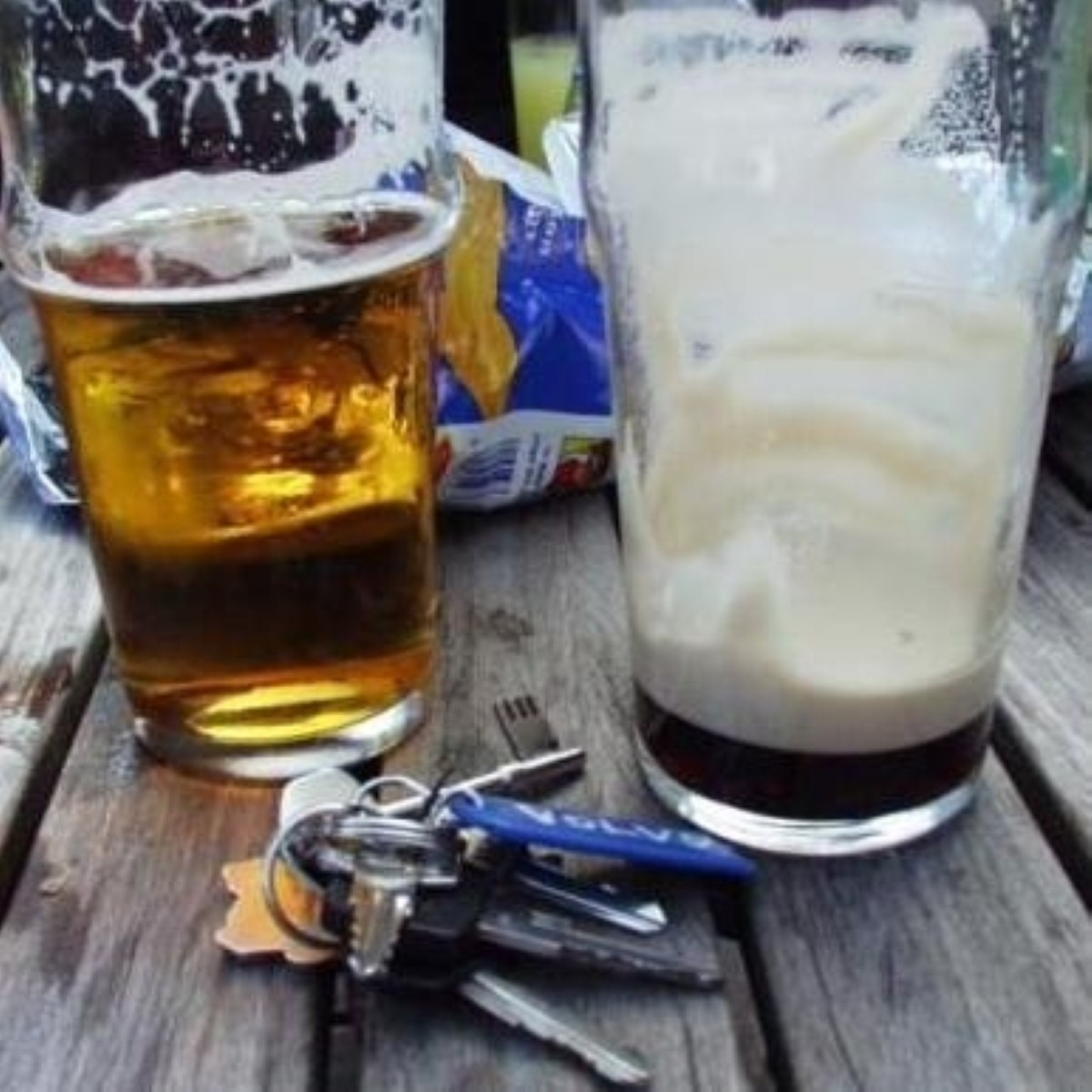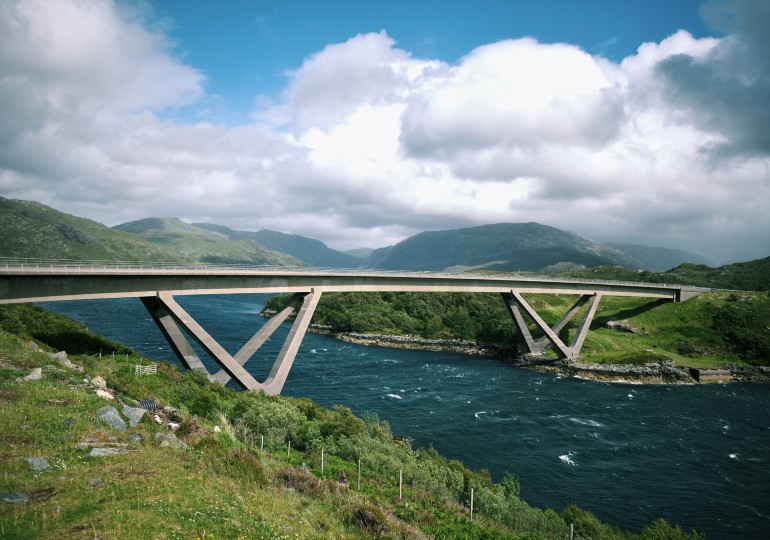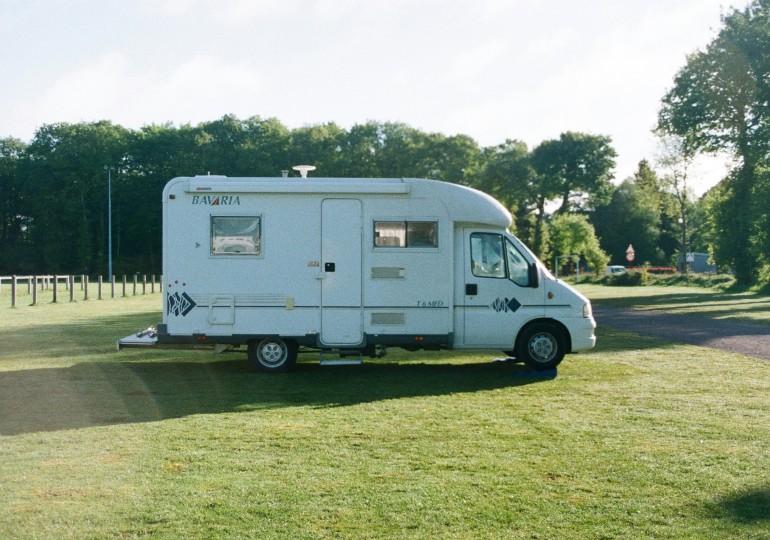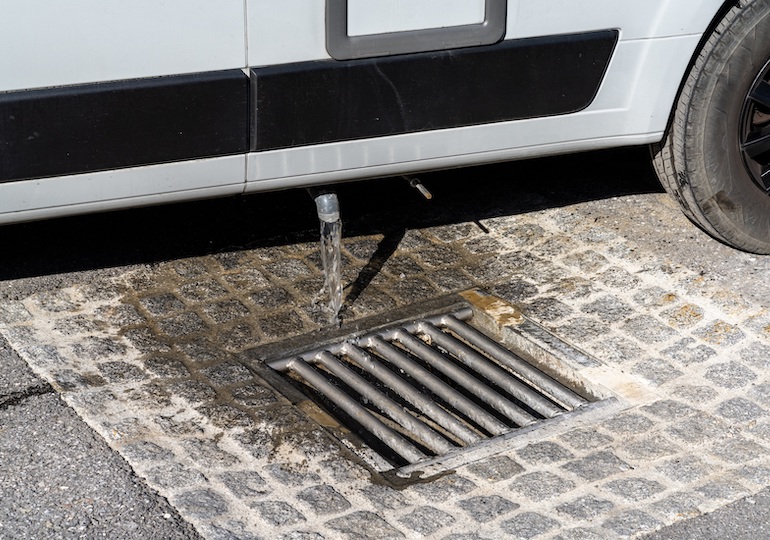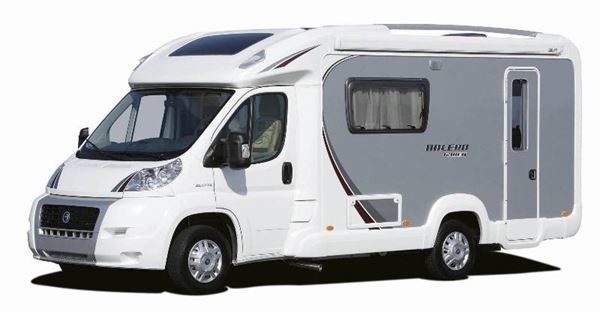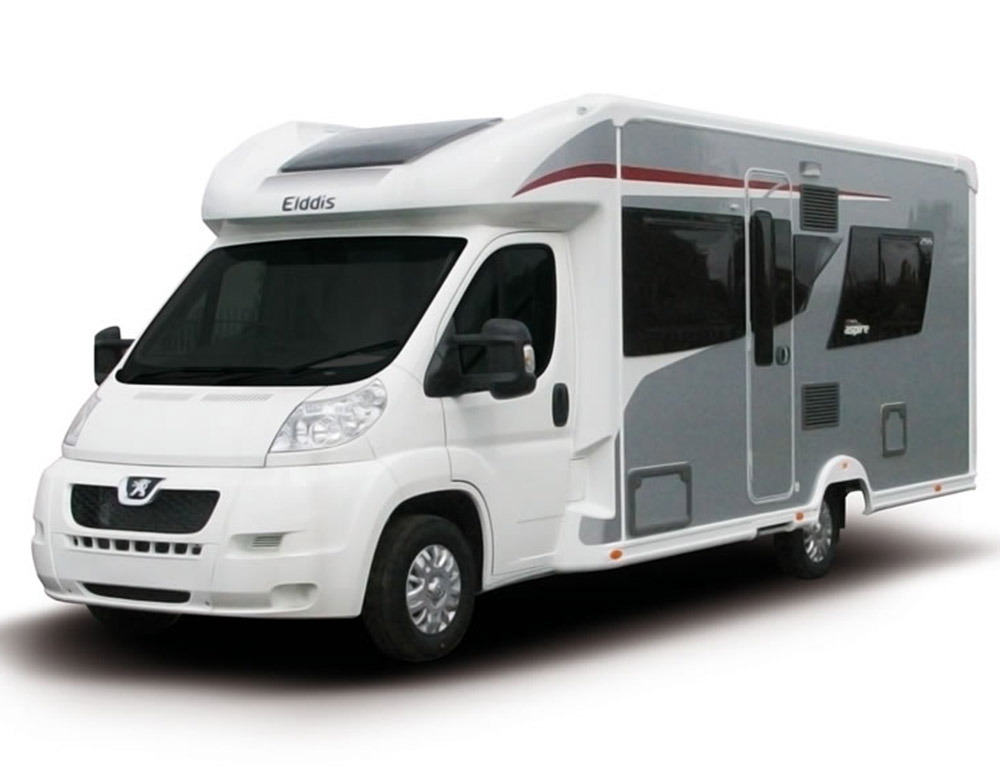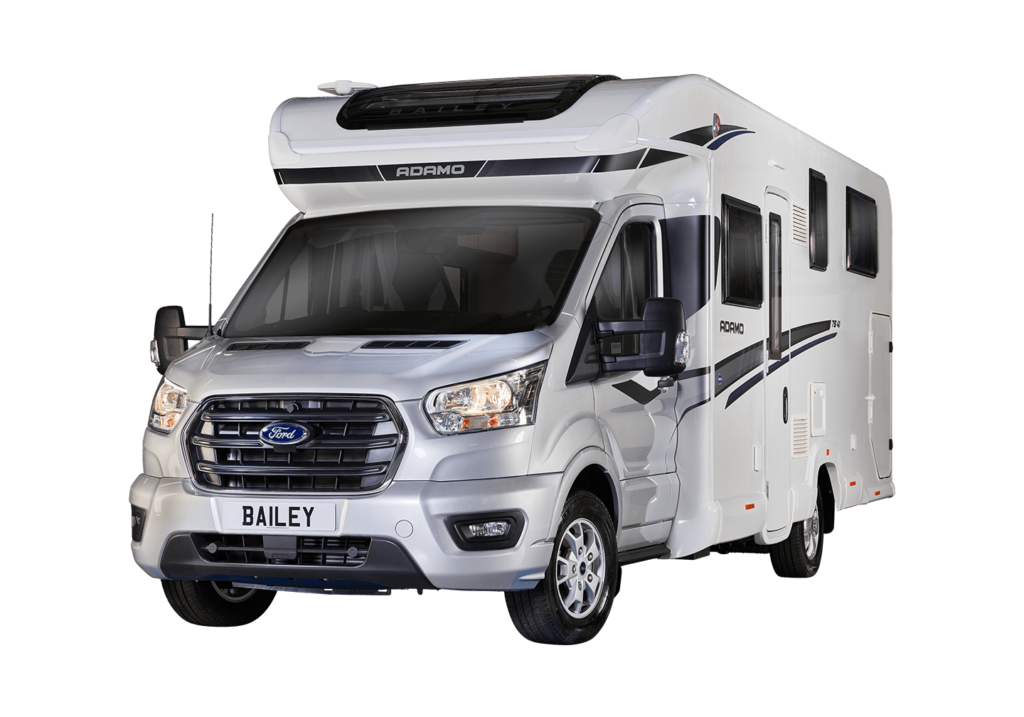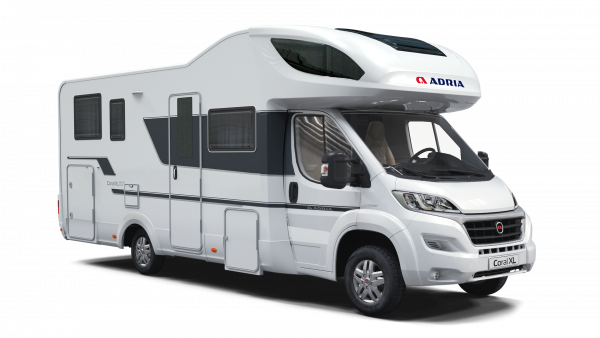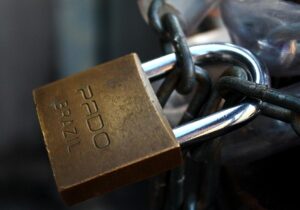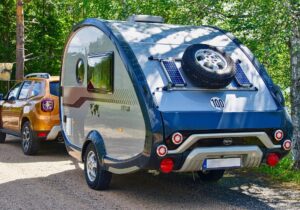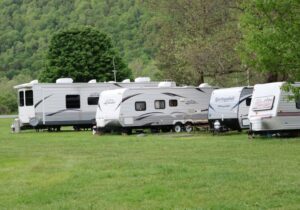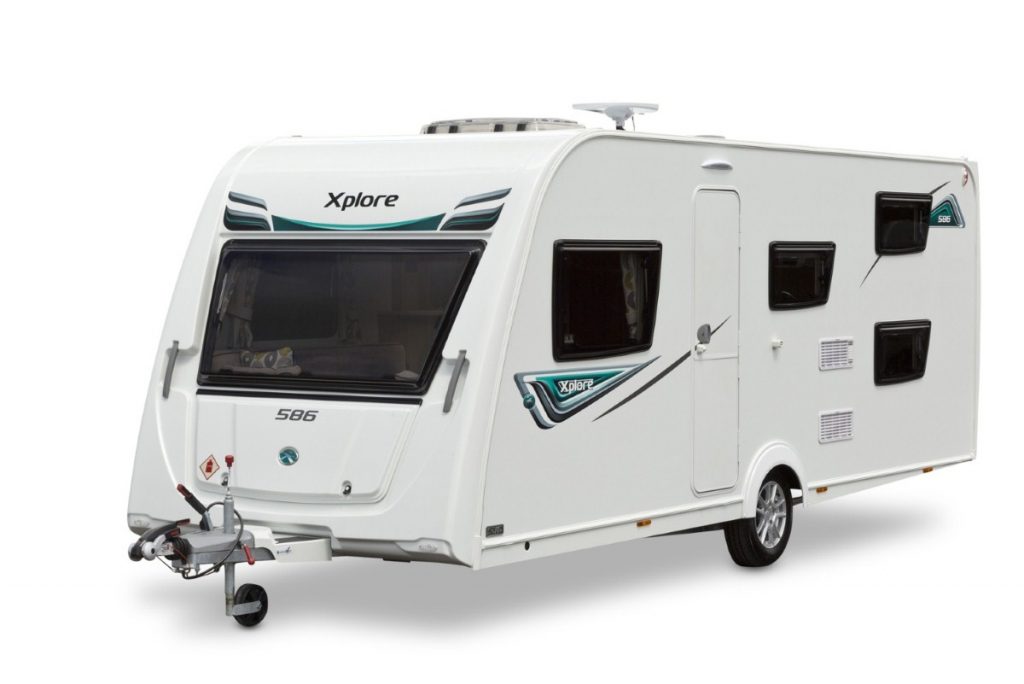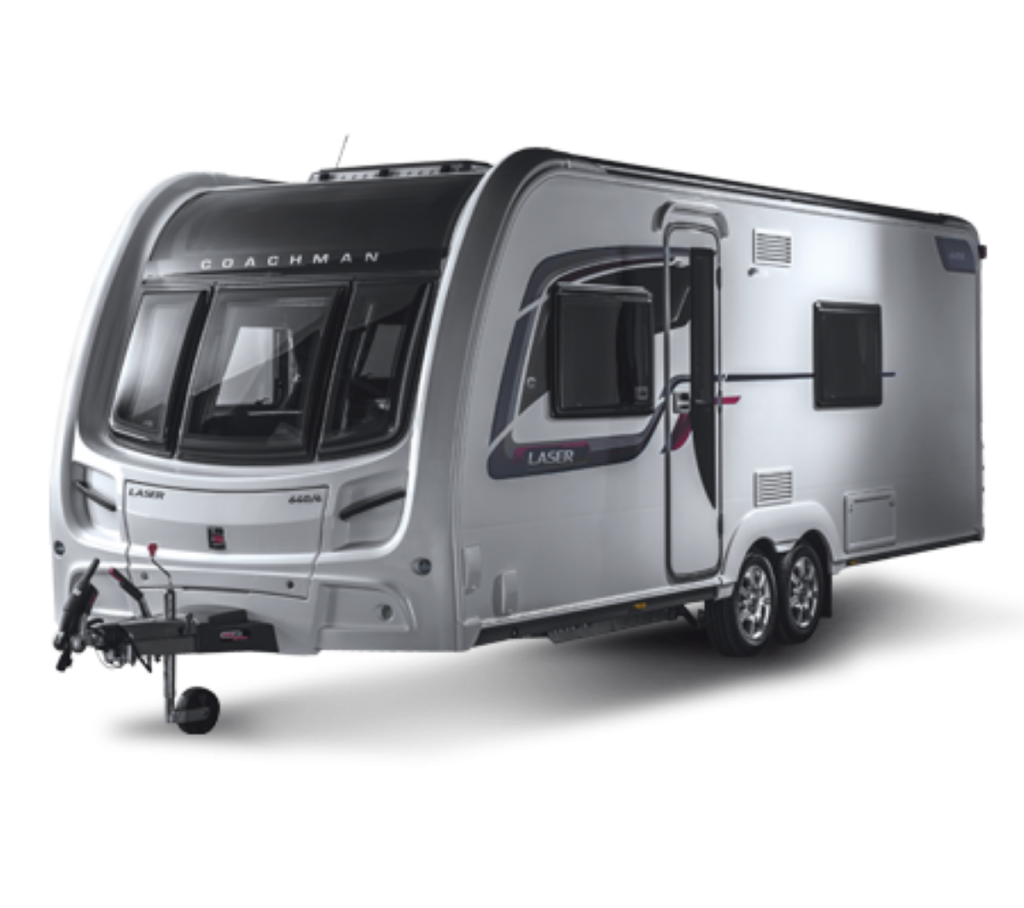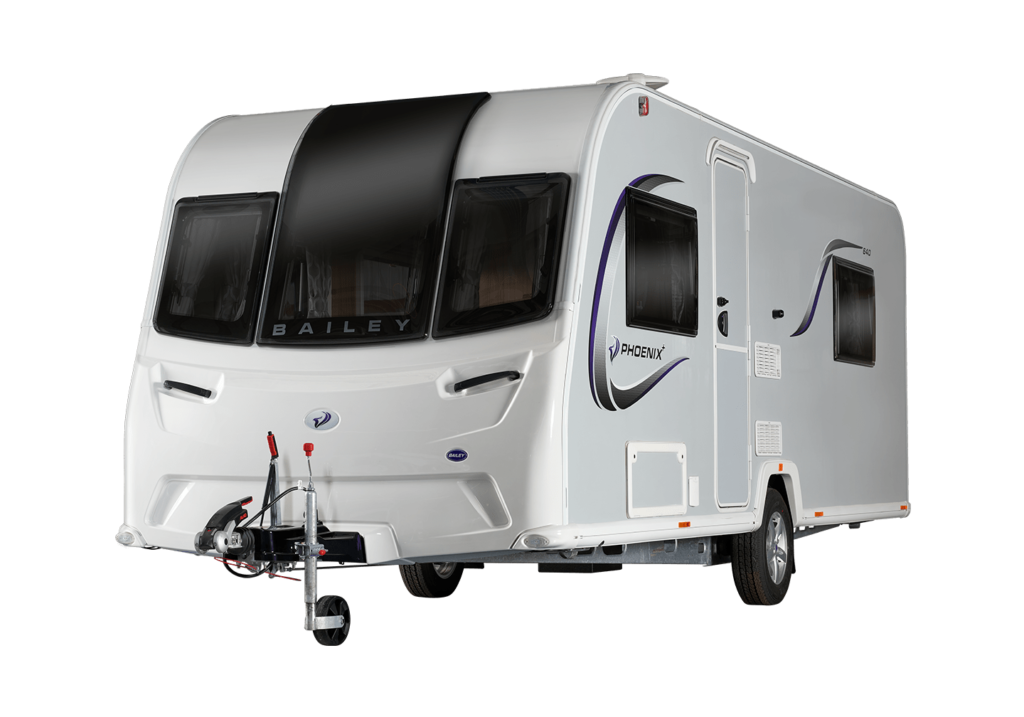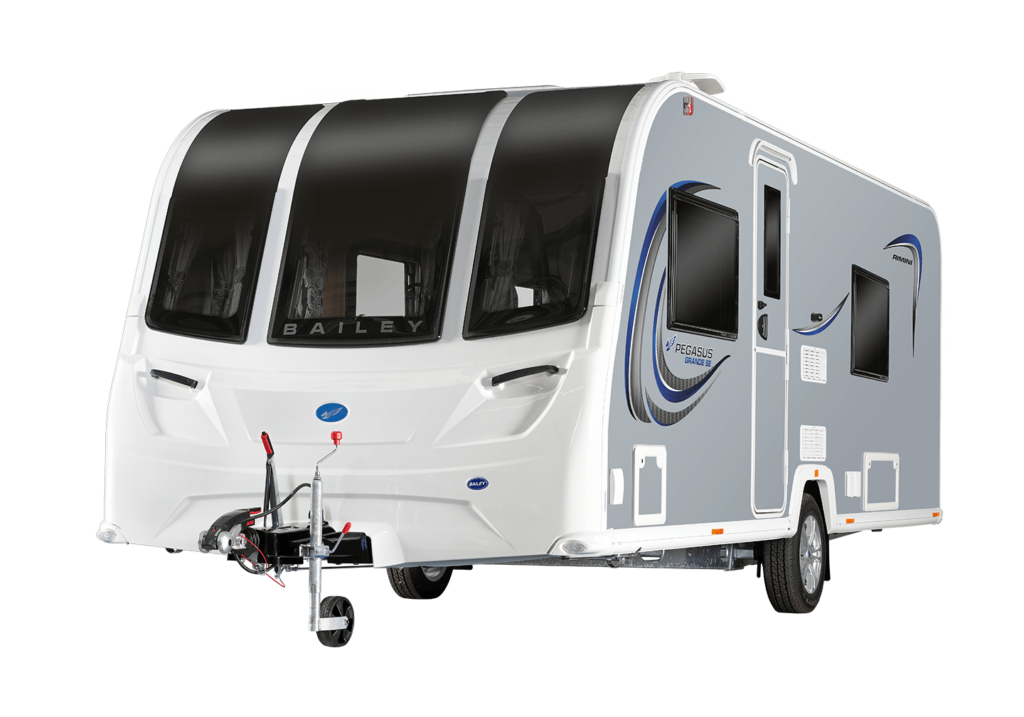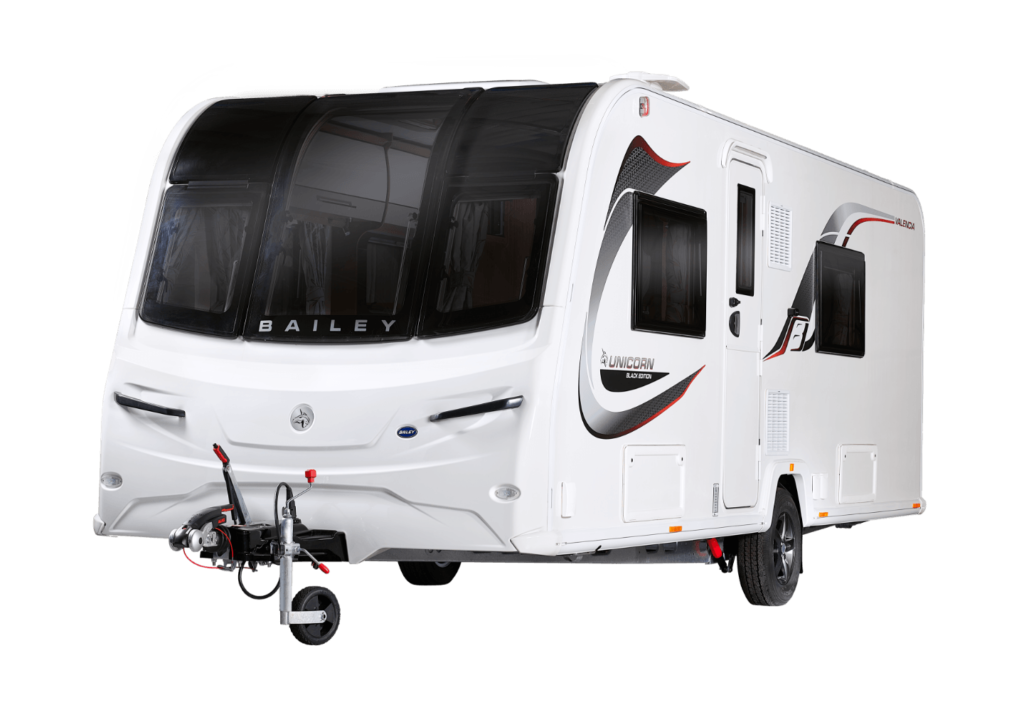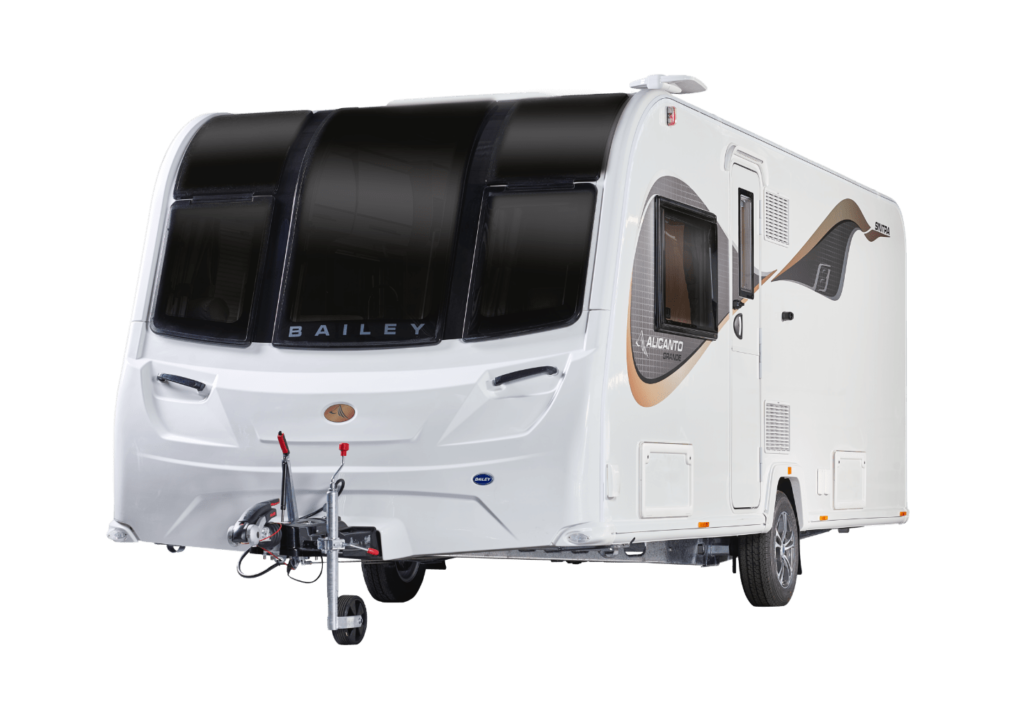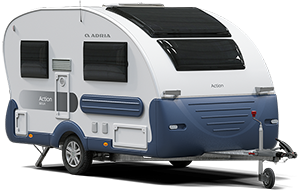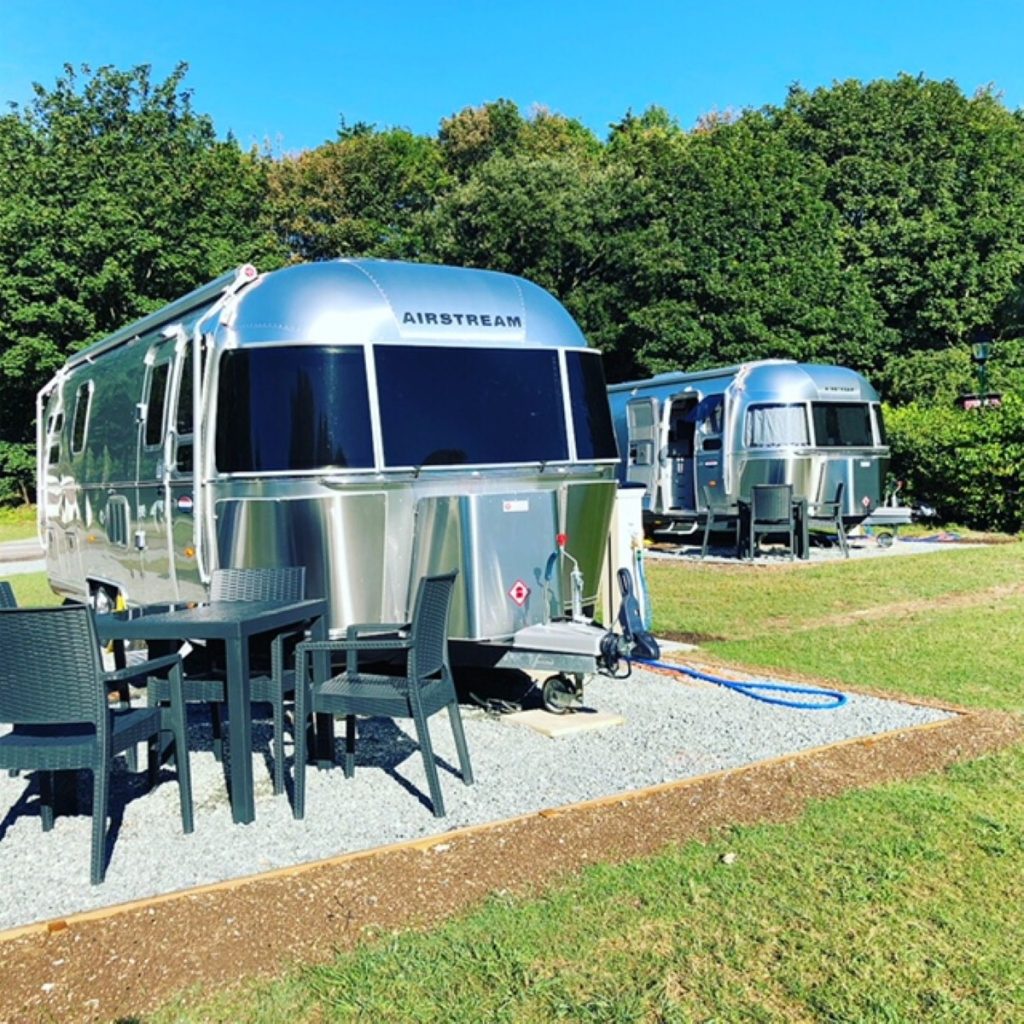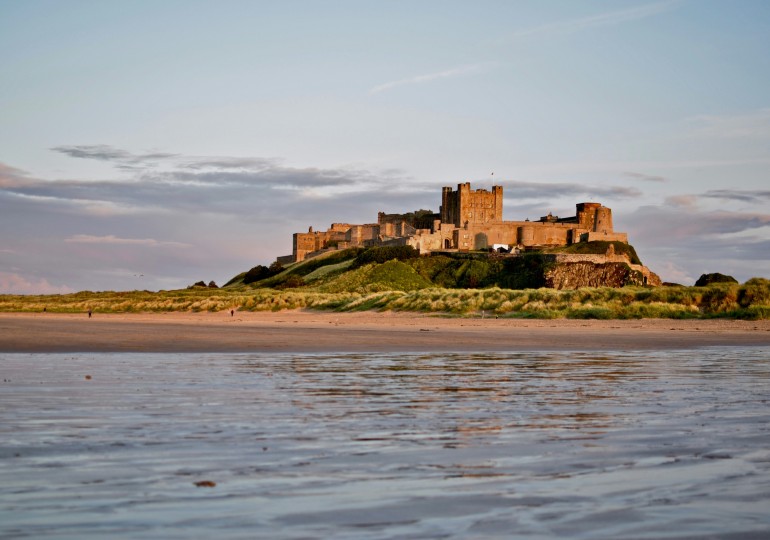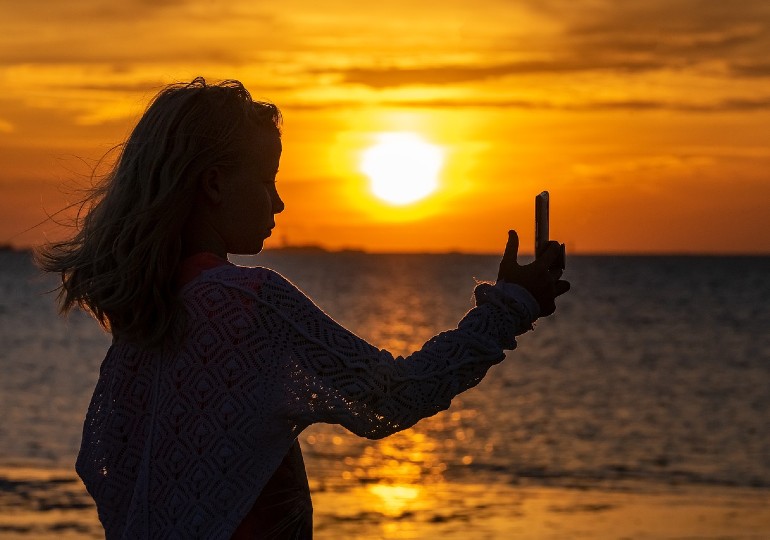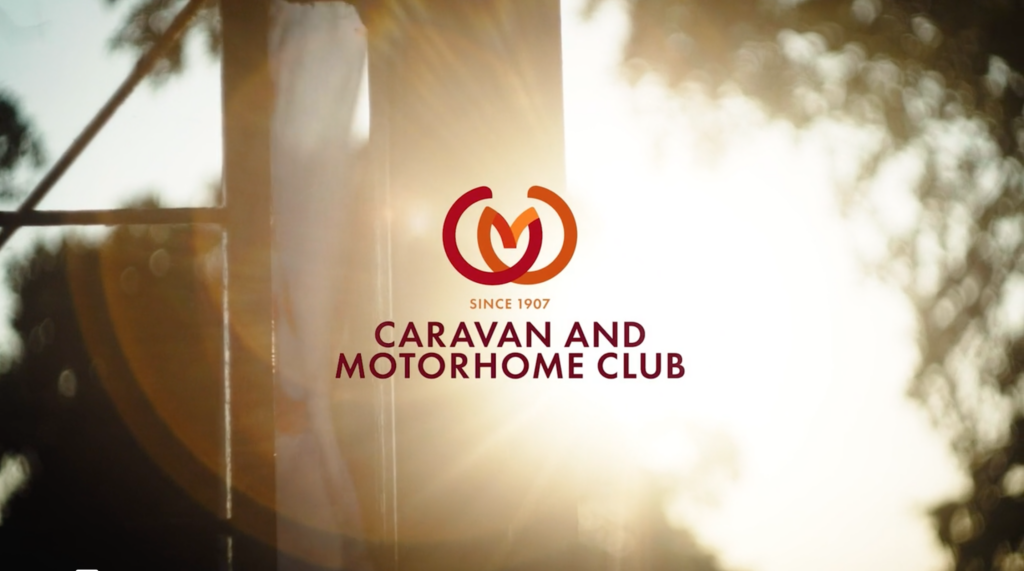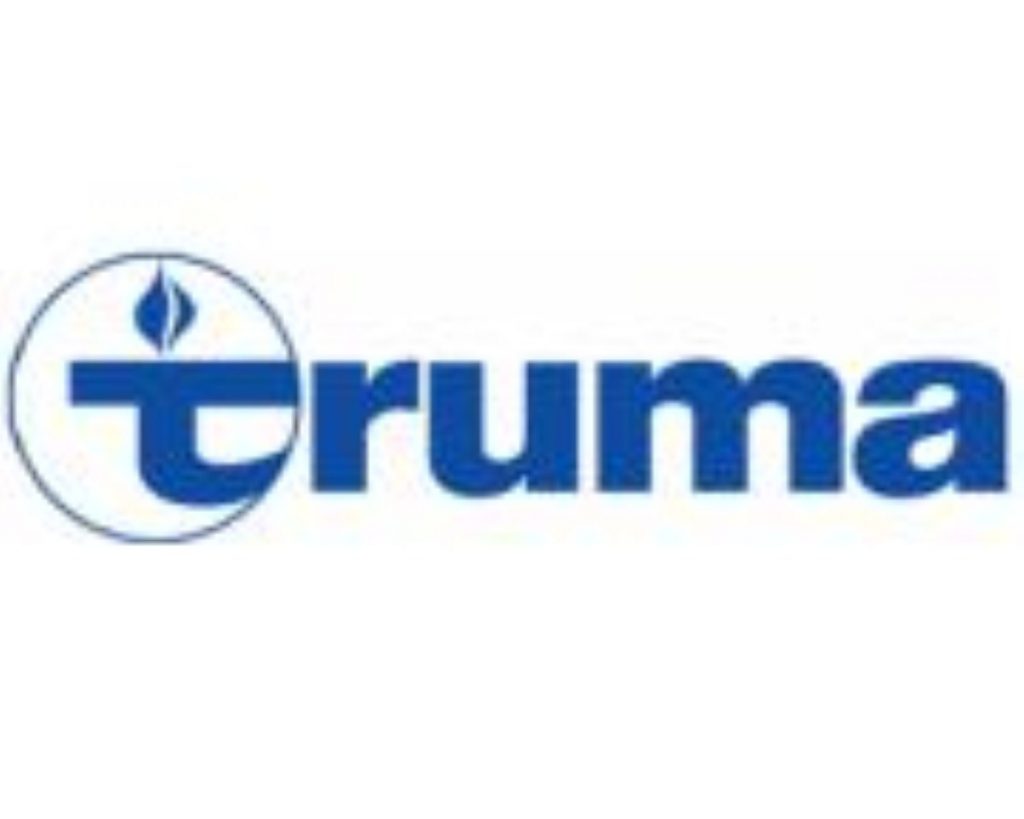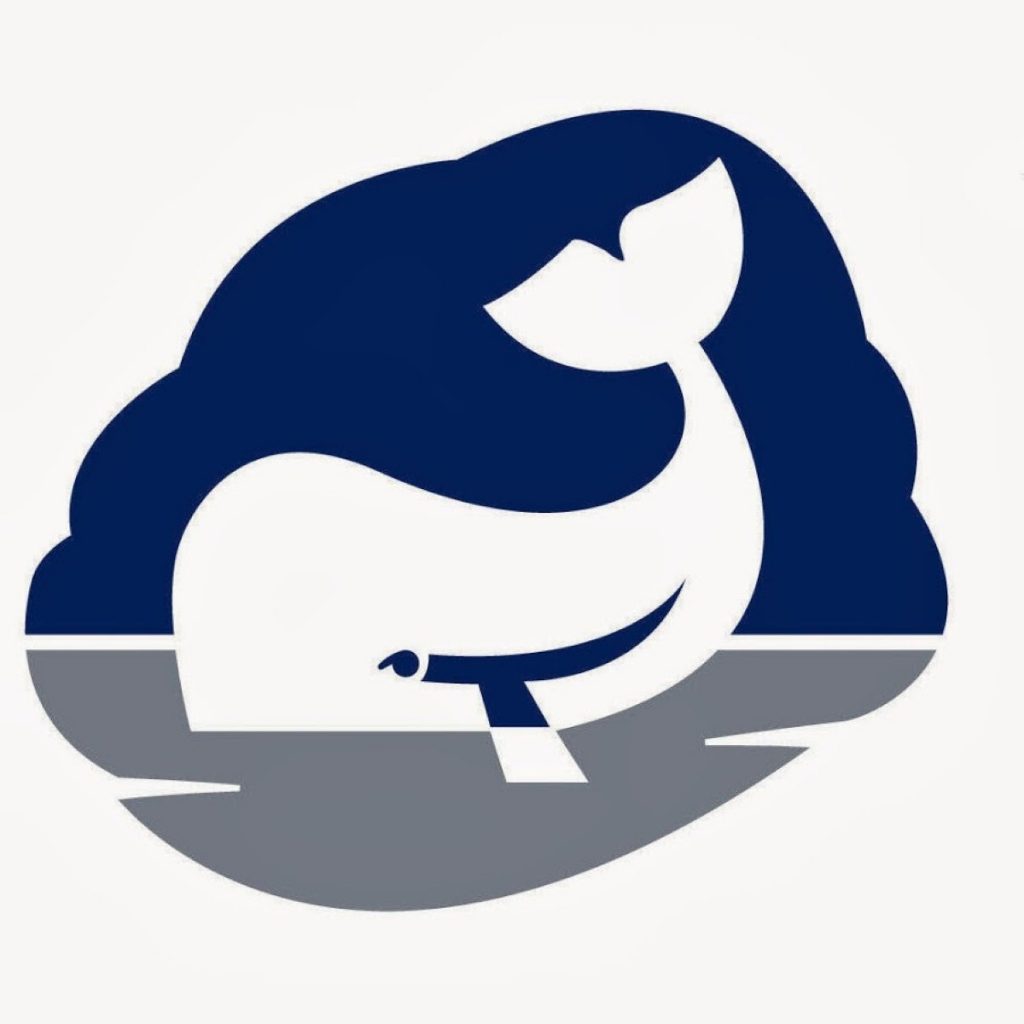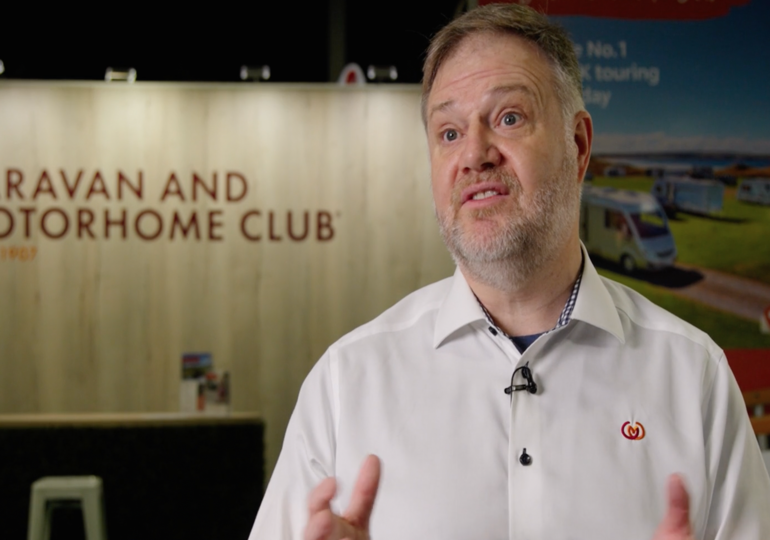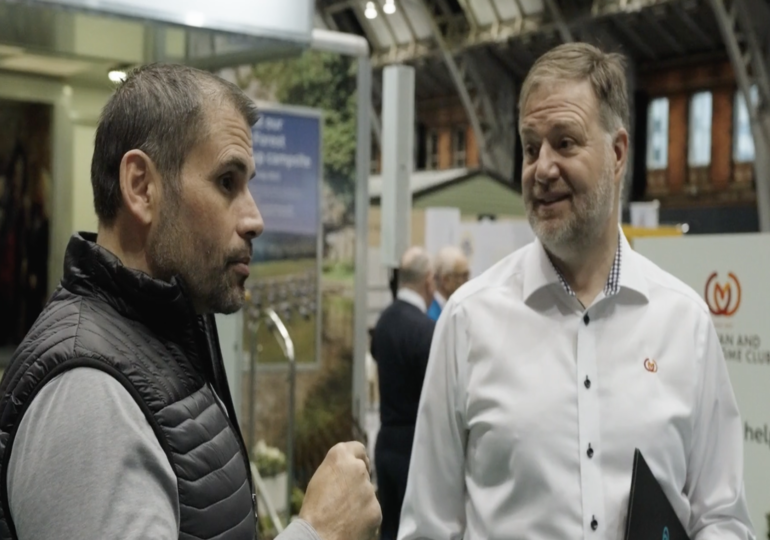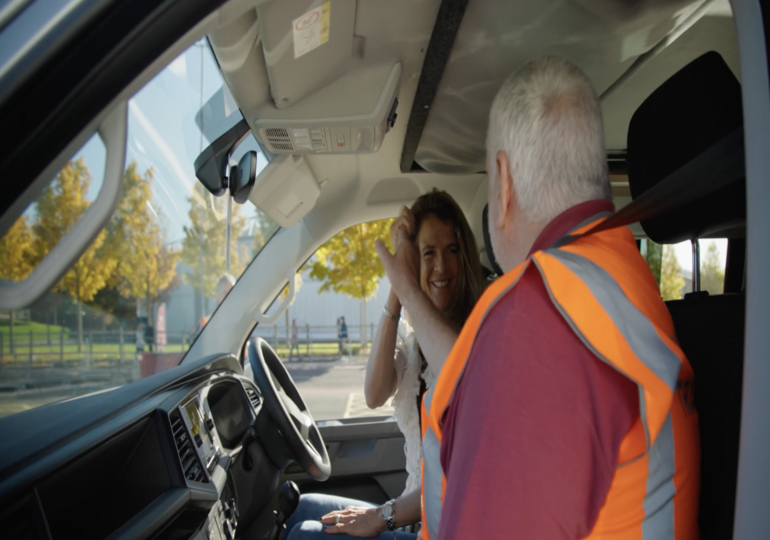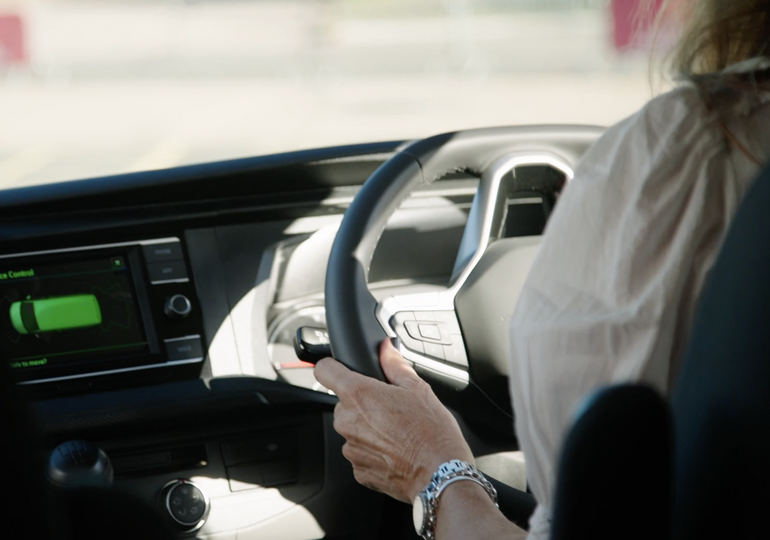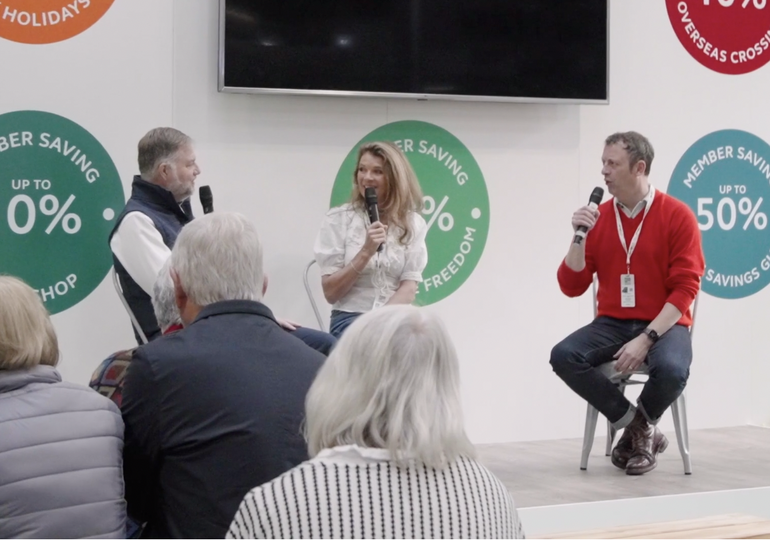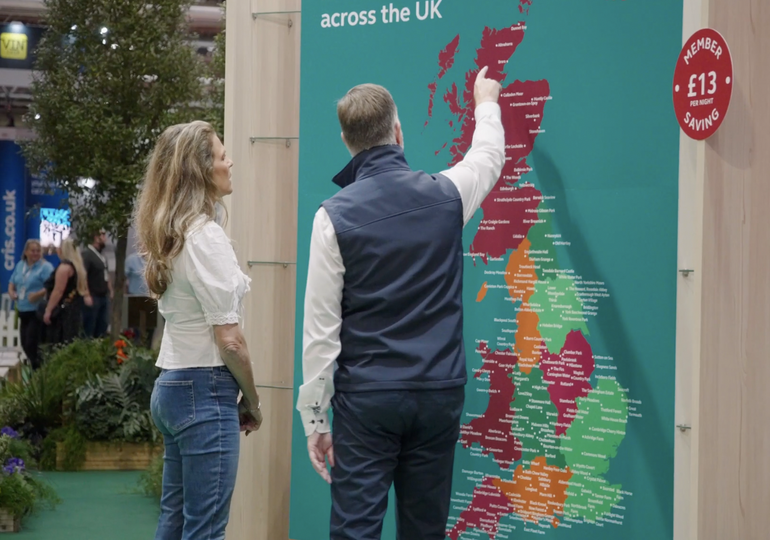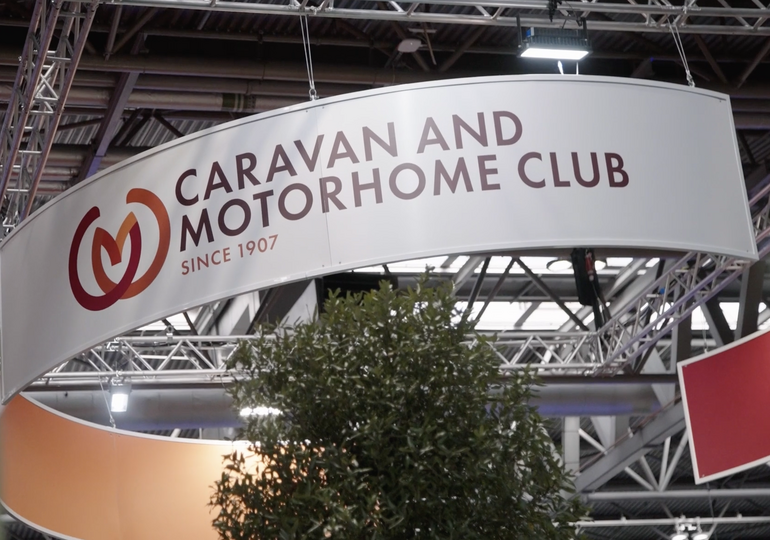William Coleman
Being out in the caravan seems to go hand in hand with having a nice beer or a glass of wine sat in the sunshine with friends and family. But as we all know drinking and driving is not the best combination. So if you are going abroad with the van this summer here are some changes to drink driving laws you may want to read up on.
We Brits do love taking the ferry over to Europe to get some much deserved sunshine during the summer months, but be warned the laws have changed as to how many tipples you can have before getting behind the wheel.
Statistics show that you are more likely to get to be caught drink driving while on holiday in Europe. Some say it is because local police are on the lookout for UK plates whereas others say that its the following morning where most people get caught out.
I will openly admit that after an evening of festivities and a pretty good nights sleep I have no issues or reservations about getting showered, dressed then behind the wheel. But it is actually likely, in some cases, that you will still be technically over the limit.
The drink driving limits we have here in the UK are a lot lower in places all across Europe, with the exception of Malta. So it is easy to think you’re ok to drive whereas the local law may say something quite different.
The English and Welsh limit is 0.8mg of alcohol per mL of blood (0.80?BAC). However in most European countries including France, Germany, Italy and Spain – as well as Scotland and the Republic of Ireland – the limit is 0.5mg (0.50?BAC). Such a small difference but can make a massive impact the an outcome should you get stopped.
It’s even lower in Poland, Norway and Sweden at 0.2mg (0.20?BAC). And in the Czech Republic, Hungary, Slovakia and Russia there’s zero tolerance.
With France, Germany, Italy and Spain being of our favourite destinations to take the caravan you can see why the police may be on the lookout for UK drivers when it comes to having a beer then getting behind the wheel.
“Taking a personal breathalyser with you on holiday removes the guesswork about whether you’re clear of alcohol,” comments Hunter Abbott, managing director of AlcoSense Laboratories.
“It’s far easier than you think to still be under the influence the morning after a few drinks the night before. If you drank four pints of medium-strong beer or four large glasses of wine, it could take as long as 14 hours for the alcohol to clear your system.
“This is especially important when extra care must be taken driving on the opposite side of the road”.
While being abroad you are also a lot more likely to be stopped and breathalysed by the police, according to some industry numbers released last year.
In Estonia, an astonishing 677 out of every 1000 inhabitants are breath tested each year. The figure for Poland is 466, Finland is 279, Austria is 189 and France is 152 per 1000. So as you can see this is not a simple matter of getting some kip and then carrying on your trip, accidental rhyme there.
There is a handy way to avoid getting caught up in all this different alcohol level confusion. Get yourself a breathalyser. Imagine a little device that you can switch the location on and then tested against said locations drink living laws. Simple and effective.
The AlcoSense Excel breathalyser can be adjusted by the user to any limit worldwide, whilst the AlcoSense Pro comes with a pre-loaded database of European, US and Australian limits.
One ruling that everyone should be aware of when driving in France is that you are obligated by law to carry a single use breathalyser in your car that is NF approved (the French version of the British Standard Kite Mark). If you do not have one you will find yourself in hot water so pop down to Halfords as they always seem to have them in stock.
This is in addition to high viz jackets for each occupant of the car; a warning triangle; spare bulbs; a GB sticker; and headlamp beam deflectors – all of which carry fines for non-compliance.

